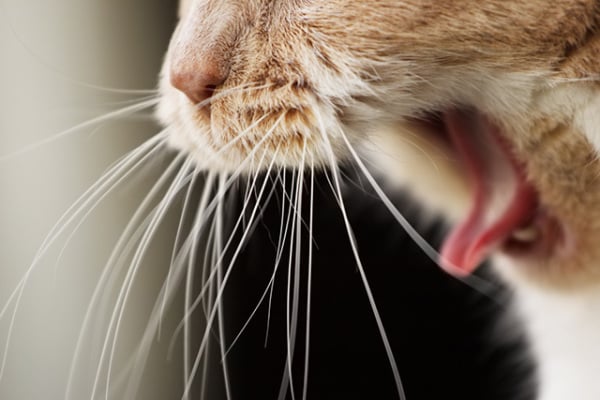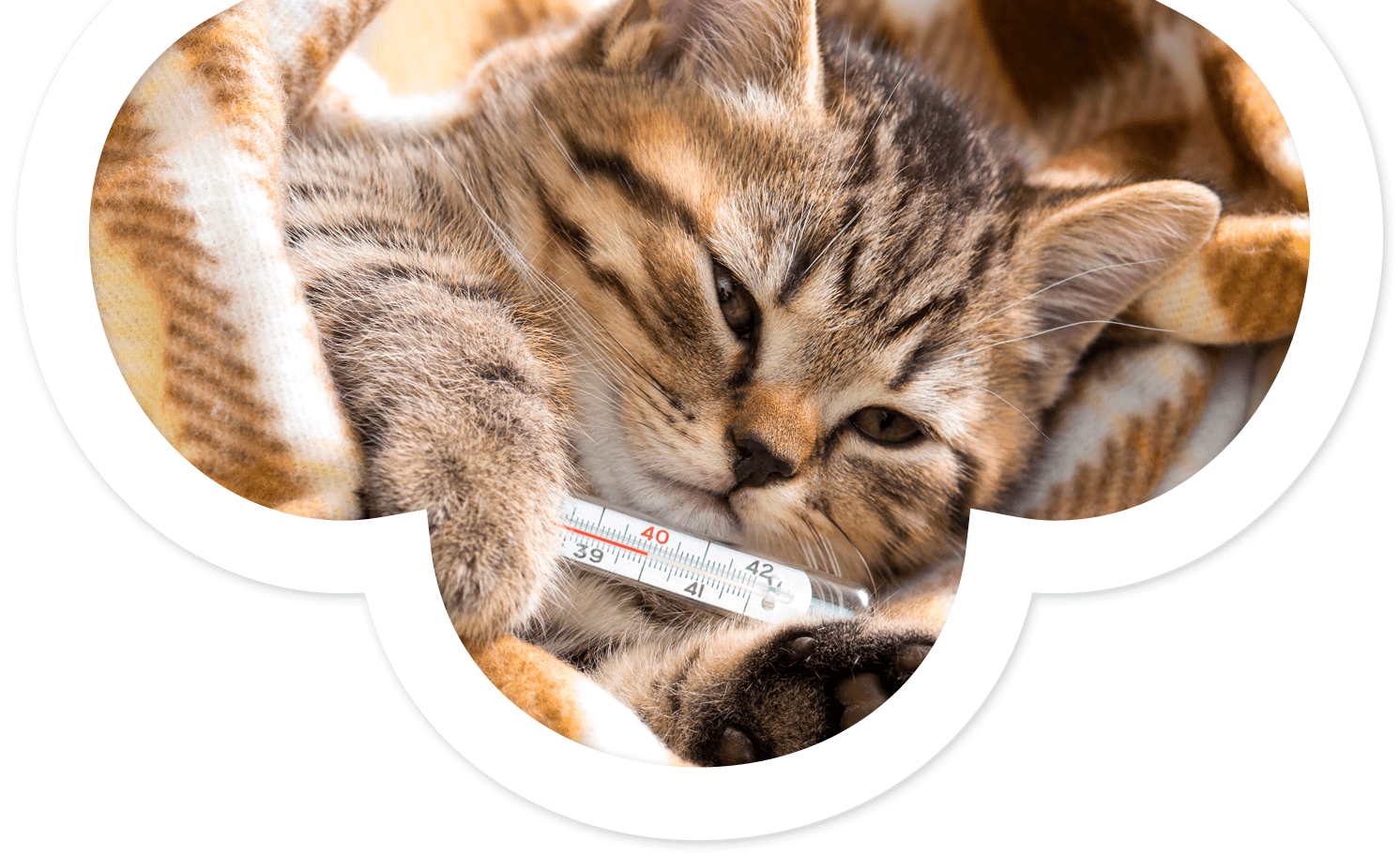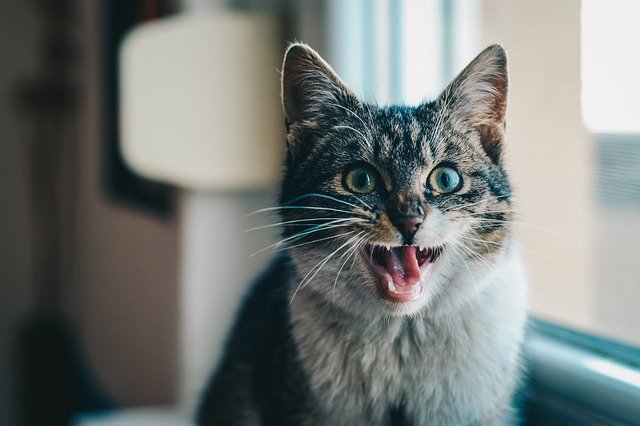chronic bordetella in cats
Bordetella bronchiseptica is a Gram-negative bacterium that colonises the respiratory tract of mammals and is considered to be a primary pathogen of domestic cats. Chronic bordetella in cats Wednesday March 16 2022 Edit.
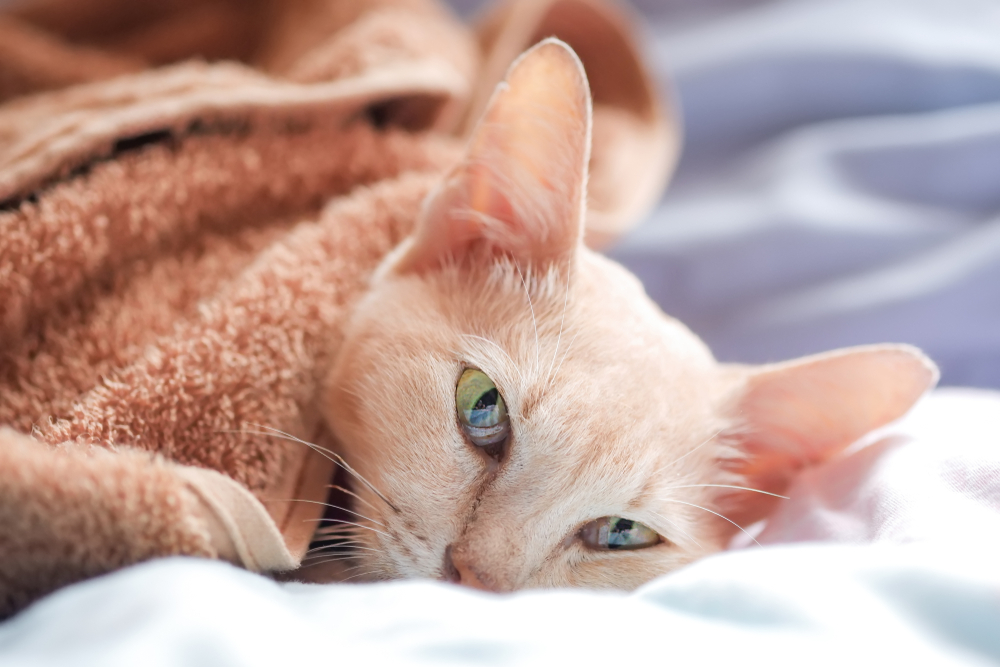
A Cat Owner S Guide To Feline Infectious Respiratory Diseases Vet In Palm City Palm City Animal Medical Center
Some cats are carriers of the illness shedding bacteria without showing any signs of illness.

. And Chlamydophila felis cited as primary causes. Bordetella infection causes severe life-threatening pneumonia in kittens. Bordetella bronchiseptica is closely related to the etiologic agent of whooping cough Bordetella pertussis.
Bordetella bronchiseptica infection in a cat. Holmesii originally described as Centers for Disease Control and Prevenion nonoxidizer group 2 NO-2 has been isolated from the blood cultures of young adults mostly. Contagion can occur in different ways.
Studies in humane shelters We recently completed a study of cats with conjunctivitis and rhinitis housed in humane shelters in two regions of the United States. Prevalence and risk factors for feline Bordetella bronchiseptica infection. Although these can be primary bacterial pathogens they are more commonly secondary to and concurrent with viral infection.
In this condition a viral infection eg caused by feline herpesvirus. A group of organisms called Mycoplasma can cause primary respiratory and eye infections or play a secondary role along with bacteria such as Pasteurella Streptococci Staphylococci and many others. However some infections can be primarily caused by bacteria such as the bacterial form of Bordetella.
In unvaccinated cats chronic upper respiratory tract disease is a relatively common problem. The term upper respiratory infection URI is reserved for cats with clinical signs of URTD that are. The virus is transmitted in the saliva and respiratory secretions on infected animals.
Primary bacterial disease is rare but may be associated with Bordetella bronchiseptica Mycoplasma spp. Indirect contact through dirty hands or clothing. Chlamydophila felis and Bordetella are bacteria that can cause primary respiratory infections in cats.
Feline bordetella is caused by the bacteria bordetella bronchiseptica. Bronchiseptica is a respiratory pathogen which may cause acute or chronic bronchopneumonia and is found in many animals including dogs cats pigs and rabbits as well as humans 1112. In addition bacterial bronchitis can occur in cats with Bordetella bronchiseptica Mycoplasma spp.
Pertussis is a strict human pathogen B. Bordetella bronchiseptica infections in cats. Feline upper respiratory tract disease is a syndrome consisting of clinical signs that can include serous to mucopurulent ocular and nasal discharges epistaxis sneezing and conjunctivitis8 9 10 11 Clinical signs can be acute 10 days or chronic 10 days.
Saliva and sneezing are the most common means of spreading the bacterium. Carriers can transmit the infection to other cats by sharing of food and water bowls mutual grooming and sneezing or coughing. In one recent Morris Animal Foundation sponsored study we showed Mycoplasmas to be more common that FHV-1 and.
Bordetella bronchiseptica is a Gram-negative bacterium that colonises the respiratory tract of mammals and is considered to be a primary pathogen of domestic cats. Hronic rhinitis is a common and important problem in cats that may result from a number of intranasal or sys- temic disorders Table 1. The bacterium is susceptible to common disinfectants.
For chronic infections with Ehrlichia Canis doxycycline is given10 mgkg orally every 24 hours for 30-42 days. The International Society of Feline Medicine is the veterinary division of International Cat Care and provides a worldwide resource for veterinarians on feline medicine and surgery. Bordetellosis in Cats.
If not treated with appropriate antibiotics chronic Bordetella infection with intermittent bacterial shedding can. Bordetellosis is a contagious bacterial disease of cats that primarily causes upper respiratory tract abnormalities. Primary bacterial causes of upper respiratory tract disease in cats are uncommon and include Bordetella bronchiseptica Mycoplasma spp Streptococcus canis and Chlamydophila felis.
Easily spread in kennels bordetellosis is most severe in young kittens less than six weeks old and in kittens living in less than ideal hygienic conditions. It is caused by a bacterium that is transmitted extremely easily from one animal to another. It is sensible to consider B bronchiseptica as a rare cause of zoonotic infections.
The bacterium is susceptible to common disinfectants. Idiopathic chronic rhinosinusitis and nasal neoplasia are the most common causes of chronic nasal disease in cats1Nasopharyngeal polyps fungal rhinitis nasalforeignbodiesdentaldiseaseandnasopharyngealste- nosis are less frequent but. In addition bacterial bronchitis can occur in cats with Bordetella bronchiseptica Mycoplasma spp.
J Am Anim Hosp Assoc 1996. Bronchiseptica infects a variety of companion and farm animals to which humans are frequently exposed including cats and dogs in which it is a cause of tracheobronchitis or kennel cough. If the antibiotics seem like they are not working and your cats condition does not improve there are several possible scenarios.
This website uses cookies to help provide you with the best possible online experience. It is sensible to consider B bronchiseptica as a rare cause of zoonotic infections. Chlamydophila felis and Bordetella are bacteria that can cause primary respiratory infections in cats.
Bordetella is an upper respiratory tract disease in cats. Bordetella Bronchiseptica Infection In Cats We strive to give your pet the best care at the best price. The most common form is termed chronic post-viral or idiopathic rhinitis.
However any cat with a pre-existing airway disease eg feline. 9 Binns S Dawson S Speakman A Cuevas LE Gaskell CJ Hart CA et al. Well as anaerobic bacteria.
A recent study failed to link Bartonella spp to CRS in cats4 However Mycoplasma felis may be a more important upper. Bordetella bronchiseptica is a Gram-negative bacterium that colonises the respiratory tract of mammals and is considered to be a primary pathogen of domestic cats. Almost all cats with mucopurulent or purulent nasal discharge have a bacterial component to their disease.
Notably viral agents damage the respiratory epithelium especially in young cats making the cat more susceptible to opportunistic pathogens such as staphylococci streptococci pasteurellae. For the treatment of granulocytic anaplasmosis in dogs doxycycline is given 5 mgkg orally every 12 hours for 14 days.
Bordetella Bronchiseptica Infection In Cats

Vaccination Of Cats Against Infectious Upper Respiratory Disease Today S Veterinary Practice

Bordetella Bronchiseptica Pneumonia In Dogs A B D F And A Cat C Download Scientific Diagram
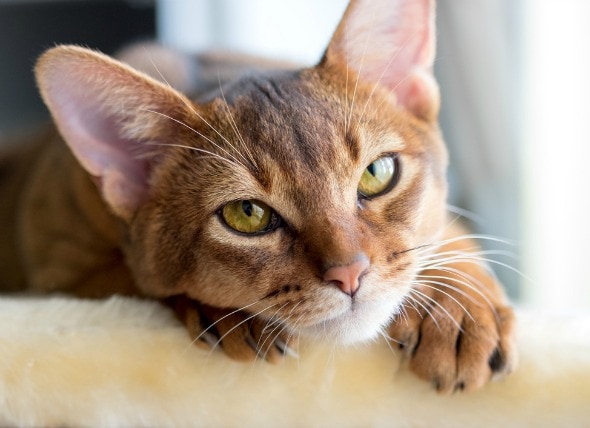
Bacterial Infection B Bronchiseptica In Cats Petmd
Bordetella Bronchiseptica Infection In Cats

Vaccination Of Cats Against Infectious Upper Respiratory Disease Today S Veterinary Practice

Bacterial Infection B Bronchiseptica In Cats Petmd

Can A Dog Have A Reaction To The Bordetella Vaccine Side Effects Other Facts
Bordetella Bronchiseptica Infection In Cats
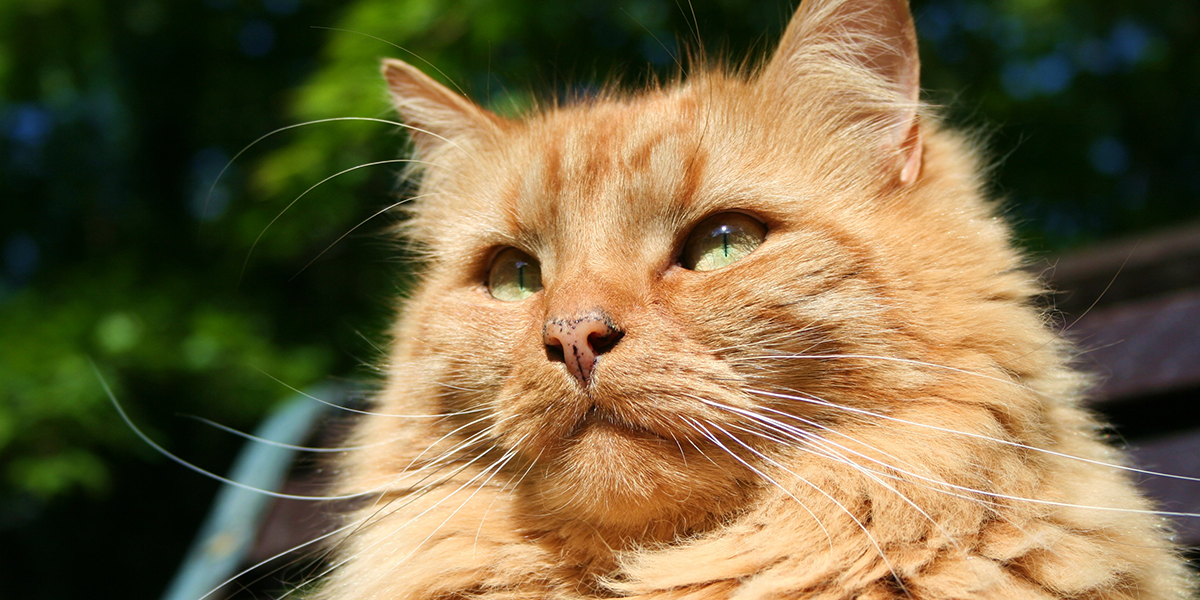
Bordetella Bronchiseptica Infection In Cats International Cat Care

Diagnostic And Therapeutic Approach Dogs Infected With Bordetella Bronchiseptica And Canine Influenza Virus H3n8 Today S Veterinary Practice

8 Home Remedies For Dog S Kennel Cough Dog Cough Remedies Dog Remedies Dog Coughing
